The Laughter of a Sage
Extrait
The sage’s laugh is a laugh of freedom. For what the sage has understood has freed him from the pointless burdens of life and propelled him to regions where an eternal sun shines.
And the sage’s only wish is to impart this hard-earned light to those who are with him or who come to visit him. But it takes so long for them to integrate it! The only thing therefore that the sage can communicate immediately is the joy he derives from this wisdom – the joy that fills his heart to overflowing – and his laughter is the expression of this joy, which we can also call love.
And the sage’s only wish is to impart this hard-earned light to those who are with him or who come to visit him. But it takes so long for them to integrate it! The only thing therefore that the sage can communicate immediately is the joy he derives from this wisdom – the joy that fills his heart to overflowing – and his laughter is the expression of this joy, which we can also call love.
Table des matières
1. The sage lives in hope
2. Like a shepherd watching over his sheep...
3. Protecting the frontiers of our soul
4. Waiting and staying alert
5. ‘If your eye is healthy, your whole body is full of light’
6. Seriousness, tears, laughter, celebration
7. The sage’s lamp is filled with joyfulness
8. Tongue of iron and tongue of gold
9. Victory over suffering: the smile of God
10. Every sacrifice we make engraves the mark of the sun within us
11. ‘The greatest among you will be your servant’
12. Giving thanks: a source of light and joy
13. Getting your name written in the book of life
14. Seated at the banqueting table
2. Like a shepherd watching over his sheep...
3. Protecting the frontiers of our soul
4. Waiting and staying alert
5. ‘If your eye is healthy, your whole body is full of light’
6. Seriousness, tears, laughter, celebration
7. The sage’s lamp is filled with joyfulness
8. Tongue of iron and tongue of gold
9. Victory over suffering: the smile of God
10. Every sacrifice we make engraves the mark of the sun within us
11. ‘The greatest among you will be your servant’
12. Giving thanks: a source of light and joy
13. Getting your name written in the book of life
14. Seated at the banqueting table
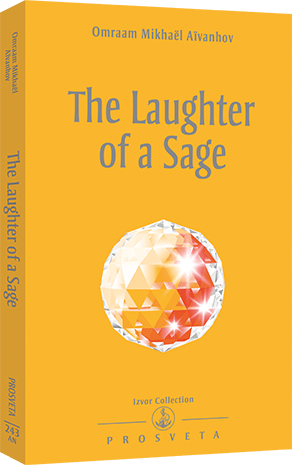


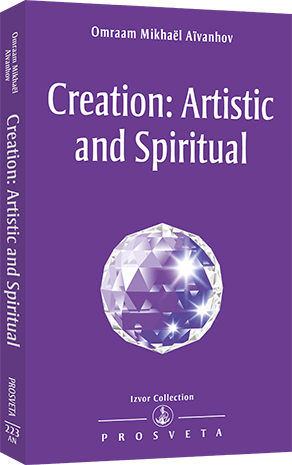

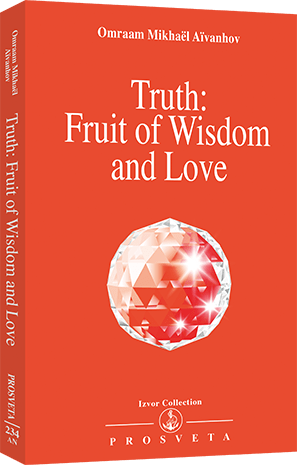
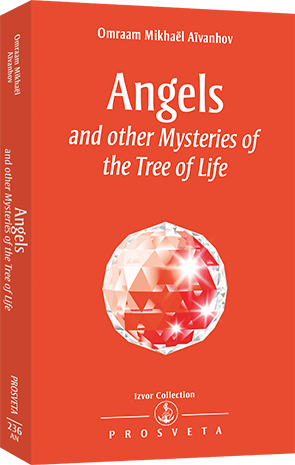
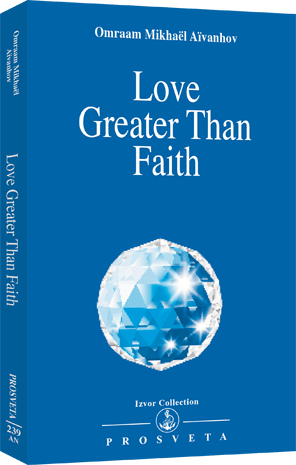

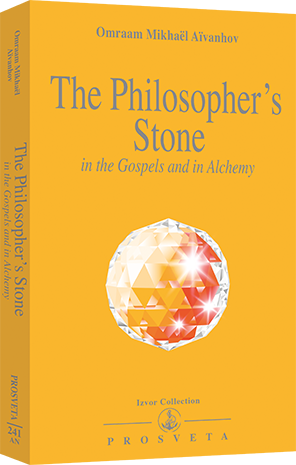



'Laughter is a way of communicating life.'
As an authentic sage, Omraam Mikhaël Aïvanhov explains to us, among other things, why tears and laughter are important. Whatever their origin, tears release a certain inner tension. However, tears of joy and wonder are the most beneficial because they comfort us, beautify us and rejuvenate us. As for laughter, it is not always a sign of recklessness or lack of seriousness because there are living energies within it that nourish the brain.